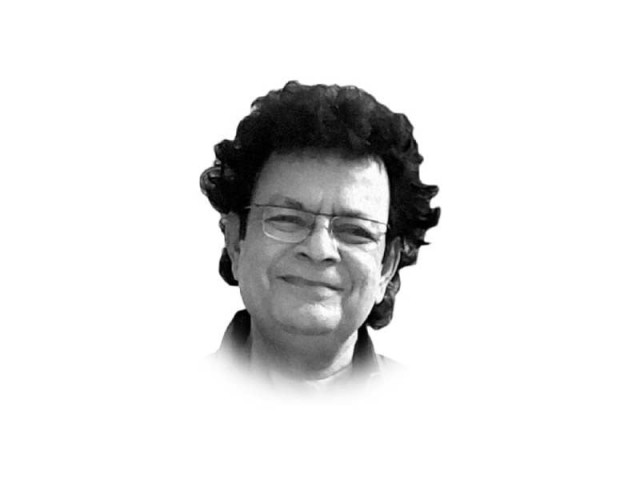The winter of discontent
Quite likely that our economic hardships are not allowing us to take to streets and trigger tumult in our country

In the jagged landscape of human nature and societal chaos, Fyodor Dostoevsky’s Demons is an intensely captivating exploration of ideological extremism and its consequences. This magnum opus of Russian literature is not just a novel, it’s a profound philosophical and psychological examination of humanity. The narrative is set in a provincial Russian town on the brink of revolution. The plot unfolds around a group of radicals, led by the enigmatic and manipulative Pyotr Verkhovensky and the introspective, tormented Nikolai Stavrogin. They aim to upend the social order, but their ideals soon lead to horrifying violence and destruction.
Dostoevsky’s novel is a brilliant critique of nihilism and radical politics. He explores the dangers of ideological fanaticism, showing how noble ideals can be perverted into violence and chaos. The ‘demons’ in the story are not supernatural entities, but the destructive ideas and passions that can possess individuals and societies, leading to their downfall. Dostoevsky also delves into the intricacies of human nature. Through his deeply flawed characters, he explores themes of guilt, redemption, and the struggle for meaning in a seemingly chaotic world.
Demons is a gripping narrative that mirrors the political unrest of Dostoevsky’s time, but its themes resonate even today. It serves as a warning against the dangers of unchecked idealism and a testament to the complexities of the human soul. In essence, Demons is a master class in the exploration of human nature and societal upheaval. It’s a haunting narrative that delves into the darkest corners of the human psyche, laying bare the inner ‘demons’ that can lead individuals and societies into chaos and destruction.
With its profound insights and powerful storytelling, Demons leaves an indelible impression on its readers, because it tells the story of rebellious souls determined to bring in a revolution in their inert motherland so that the oppression of the czarist rule is shown the door. However, Russia experienced a revolution later when the fire-breathing socialists in the lead of Lenin and Trotsky overthrew the czarist from their land forever.
It was apparent that the Russian writers had influenced the revolution’s actors as much as the other factors. Even Tolstoy’s work played a role in awakening the passion of the restless youth who, after keeping an eye on the changing Europe, wanted change in their country. So, Dostoevsky portrayed what happens to people when they are in a struggle for radical change: they turn cynical and odd; their thoughts and aspirations are translated into reality by those who are not dependent on the mere display of their intentions.
If we juxtapose the scenario of Demons with our own, we may find a few similarities; but by and large, our agents of change lack the enthusiasm and direction to achieve their goal — the goal of liberty from the oppressive status quo. Sadly, we have a yearning for it yet we are not prepared to get involved in the process. And, what to say of common folks, our writers are hesitant to give their two cents over the atrocities being committed to those who dare stand up against the repression. One may conclude that people here are just bystanders, letting things happen. In contrast, the characters of Demons were real people who would be at the forefront of the Russian Revolution.
It is quite likely that our economic hardships are not allowing us to take to streets and trigger tumult in our country — and that may well be a blessing in disguise. A soft landing may be the way to go. Thus the stakeholders should sit together and explore restorative ways to lift people from the throes of uncertainty about their future. The experiment-prone tendency of the people at the top ought to be dispensed with forthwith, and a campaign for the inclusion of the unrepresented masses be launched. Or else, we are going to go through what the Russians did before the emergence of the revolution. However, the only dissimilarity is that we have no Dostoevsky to write about the discontent of the youth here. Undoubtedly, ours are in the same league as their precursors were — in a ferocious mood of tearing down every block on their way to the destination.
Published in The Express Tribune, February 28th, 2024.
Like Opinion & Editorial on Facebook, follow @ETOpEd on Twitter to receive all updates on all our daily pieces.















COMMENTS
Comments are moderated and generally will be posted if they are on-topic and not abusive.
For more information, please see our Comments FAQ